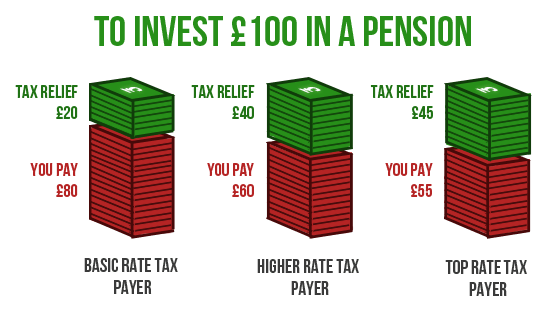Once again we've the sight of a politician not grasping reality when planning a raid on other peoples' money:
Ms Reeves said: “It cannot be right that those on high incomes paying 40 per cent tax only have to save £600 to generate £1,000-worth of pension savings, while those on middle and low incomes have to save £800 to generate the same amount.”“Replacing tax relief with matched contributions, or a system that was even more progressive, offering higher relief to those on lower incomes than those on higher incomes, should be explored.
“At present, the pensions tax relief rewards those who already have the highest savings and can most afford to save.
“This seems to be a very inefficient use of the £20bn spent on pensions tax relief and is in urgent need of attention.”
There is no such thing as pensions tax relief. There is however something that is pensions tax deferral.
Tax relief would be that you do not pay tax on money put into a pension and also do not pay tax on the pension when it is received. You are relieved from taxes that is. This is not what happens. Instead, you do not pay tax on the money put into a pension: but you do pay the normal income tax on the pension once it arrives. This is not tax relief: this is tax deferral.
Two points flow from this. The first is that we've actually got to call this what it is: it's delaying what tax is paid, not abolishing it. The second is that the costs of this are nothing like what the claim is. Because we do indeed collect income tax upon pensions. And whatever that amount is must be offset against whatever amount anyone wants to claim is deferred. The net amount could go either way, we simply don't know.
Incomes in retirement are usually lower than during a working life and so the tax collected might be less than that deferred as a result of lower tax rates. Or, perhaps, the investment pot has grown so that the income tax collected in the, say, 20 years of retirement is greater than the tax deferral granted in the 40 years of working. We simply do not know the answer there (maybe someone does, but we do not). But until we do know that we cannot have any clue at all about whether tax deferral actually leads to a loss of Treasury revenue or not. It will affect the timing, obviously, but the amount?
What is being done here is to look only at the cost of the deferral upon revenue and to ignore the income that results from said deferral. And if this is the way that we're going to discuss public policy then God Help Us All.


